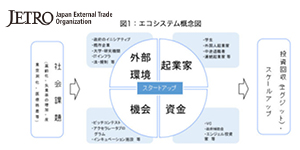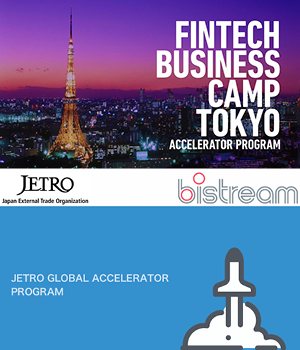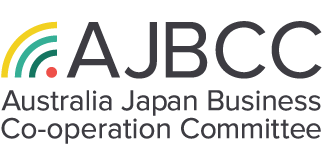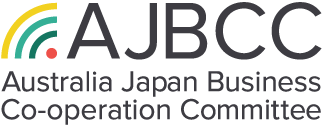06 Dec Japan Startups: State of Play
Although Japan has been behind in cultivating and nurturing the start-up culture in Japan, a combination of Government intervention and a changing mindset amongst large Japanese companies seems to be accelerating the process.
A Japanese Cabinet Office policy paper in (未来投資戦略 2018) supported a start-up growth program in order to meet the Government’s goal of creating 20 new venture businesses with a market capitalisation of over one billion dollars each by 2023.
According to a recent JETRO analysis 日本のスタートアップ・エコシステムは形成されたのか, on which our article is based, Japan seems to have entered a “boom” period for start-ups – perhaps beginning in 2014 as the number of start-ups being established annually increased significantly from this time. Factors driving this were varied and included:
- changes in the younger generation’s mindset towards work,
- increase in open innovation. (Open innovation is defined as the use of sources and knowledge external to the organisation driving innovation.)
- increase in availability of corporate venture capital (CVC)
- increase in support from the central and local governments
The JETRO report characterises a start-up ecosystem as being comprised of four quadrants. These are:
> the external environment is comprised of factors such as government initiatives, current companies, universities, and IT infrastructure.
> the entrepreneur is made up of students, foreign entrepreneurs, and serial entrepreneurs.
> the opportunity includes, pitch contests, accelerator programs, and incubation facilities
> capital comprises venture capital, angel investors, and government grants.

In comparing start-up ecosystems in cities around the world , Silicon Valley’s start-up ecosystem could be considered the gold standard.
Silicon Valley was a pioneer in developing a startup ecosystem with serial entrepreneurs acting as mentors, relative proximity to universities such as Stanford and UC Berkeley and other factors, resulting in repeated start-up establishment.

The JETRO report, compared the ecosystems in a number of leading world cities’ startup environments. How did Tokyo rate? Looking at say the results for Tokyo compared to Silicon Valley, Japan has a strong external environment supported by large corporations and government initiatives such as J-Startup, a Ministry of Economy, Trade and Industry (METI) supported start-up growth program, established in 2018 and delivered through JETRO.
But outside of a strong external environment, Japan is lacking in the other three quadrants: entrepreneurs, opportunities, and capital. Recently, Japan has seen improvement in regards to opportunities and capital, as accelerator programs have increased, such as the Fintech Business Camp Tokyo and JETRO’s Global Acceleration Hub.
In addition, many large corporations have created corporate venture capital to promote open innovation. Open innovation used by large corporations in Japan started gaining traction in recent years as those companies looked to keep up with rapid technological advancement. They sought to implement technology developed by start-ups into their own products and services.
Two examples of companies doing this include Hankyu and KDDI both of which have set up a fund in order to finance promising start-ups.

Compared to Silicon Valley, where Japan lags the most is in the number of entrepreneurs. The combined number of entrepreneurs preparing to start their business, and entrepreneurs that have been entrepreneurs for less than 3.5 years in Japan added up to only 5.3 people for every 100 in 2018. In comparison, the U.S. had almost 3 times the amount of Japan with 15.6 people. (Israel recorded 12.7 people). This issue may be caused by entrepreneurs having a low social standing in Japan and the Japanese avoiding entrepreneurship due to the lack of stability the job provides.
With the existing long term linkages between Japanese and Australian companies, the experience of startup hubs in Australia and Japan’s respect for “continuous improvement”, there should be a great opportunity for Australian startups to collaborate with Japanese startups – an untouched field offering some interesting benefits.



